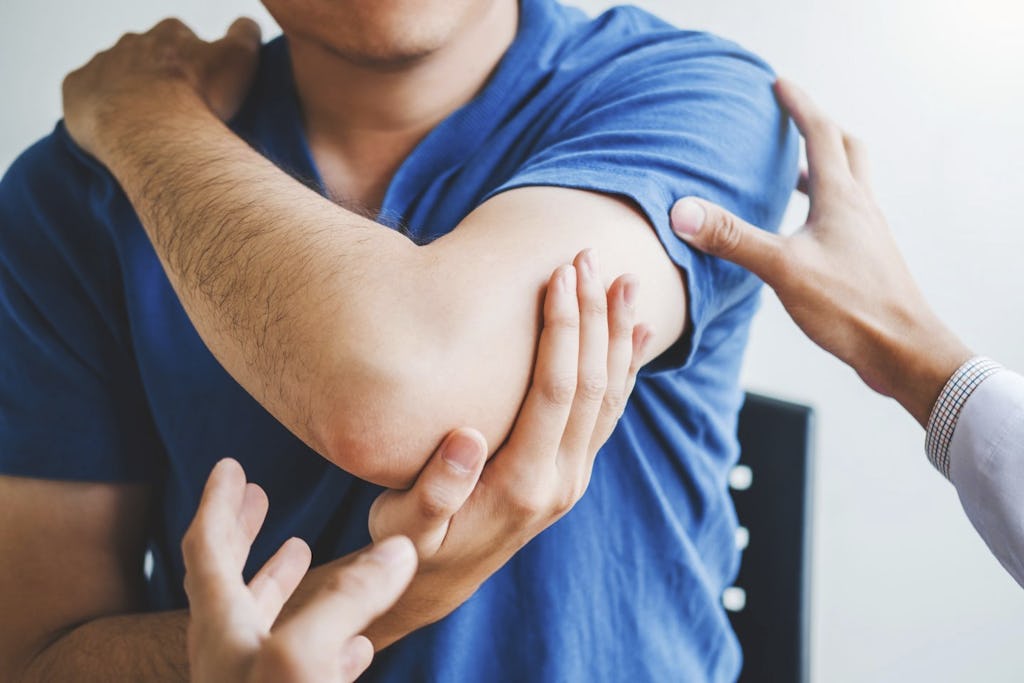How to Get Back to Your Peak Physical Form: Treating Sports Injuries With Physical Therapy
You don’t have to be a pro in order to be considered an athlete. Some athletes train to compete while others train simply to progress in a sport and become stronger. Whatever your case may be, our Kirkland, WA physical therapy practice can help you in the unfortunate event that you sustain a sports injuries.
How do sports injuries occur?
The term “sports injury” is all-encompassing, including any type of injury that occurs while performing an athletic activity. It can happen just the same by lifting heavy weights at the gym or running in ill-fitted shoes, as it can by swinging a bat too aggressively or rolling your ankle on the soccer field.
One of the most important aspects to rehabilitating a sports injury is treating it as soon as possible. Your treatment plan and duration of recovery will vary depending on how severe the injury is, your health history, and whether or not the injury requires surgical intervention.
What type of injury do I have?
There are a number of different injuries that can occur while performing athletic activity; however, the most common forms of sports injury include:
- Strain or "pulled muscle." A strain, also referred to as a “pulled muscle,” occurs when a tendon connecting your muscle to bone is stretched beyond its limits. Once the tendon is stretched, it is more likely that it will be strained once again.
- Sprain. A sprain is similar to a strain, but they are not quite the same. A sprain occurs when a ligament connecting one bone to another is stretched beyond its limits. Much like a strain, once a sprain occurs and a ligament is stretched, it is more likely that it’ll occur again.
- Shin splints. The medical term for shin splint is "medial tibial stress syndrome," referring to pain that is felt in the shin bones. This pain is typically caused by stress placed on the shinbone and the connective tissues surrounding it. Shin splints are painful and often debilitating; however, they can be avoided by wearing proper footwear, warming up before exercise, and strengthening your core and leg muscles.
- Knee injuries. Your knee is the most complex joint in your body and is therefore one of the most commonly injured body parts. Knee injuries may include dull aches that run from your hip to your knee, repetitive use injuries making it difficult to move the knee, or more severe injuries such as an ACL tear.
How does physical therapy help?
Our Washington Physical Therapy & Rehabilitation physical therapists are highly trained movement specialists. Through physical evaluations, they are able to examine the moving body in order to prescribe the best treatment plan for your specific needs. They may also review diagnostic tests, such as X-rays, MRI, or ultrasound. Once your diagnosis has been determined, your physical therapist will create a specialized treatment plan for you, taking into account the nature of your injury, your fitness level, and your lifestyle.
Your treatment plan will typically include hands-on manual therapy to increase your range of motion and reduce scar tissue, stretches to improve balance and mobility, and strengthening exercises to enhance the injured area, as well as its surrounding areas. These are all done to help you recover after your sports injury and to prevent further injury from occurring in the future.
If you have recently sustained a sports injury, call Washington Physical Therapy today to find out more about how we can help you return quickly and safely to the activities you love. We can set up an appointment for you and get you started on the road to pain relief and recovery!


